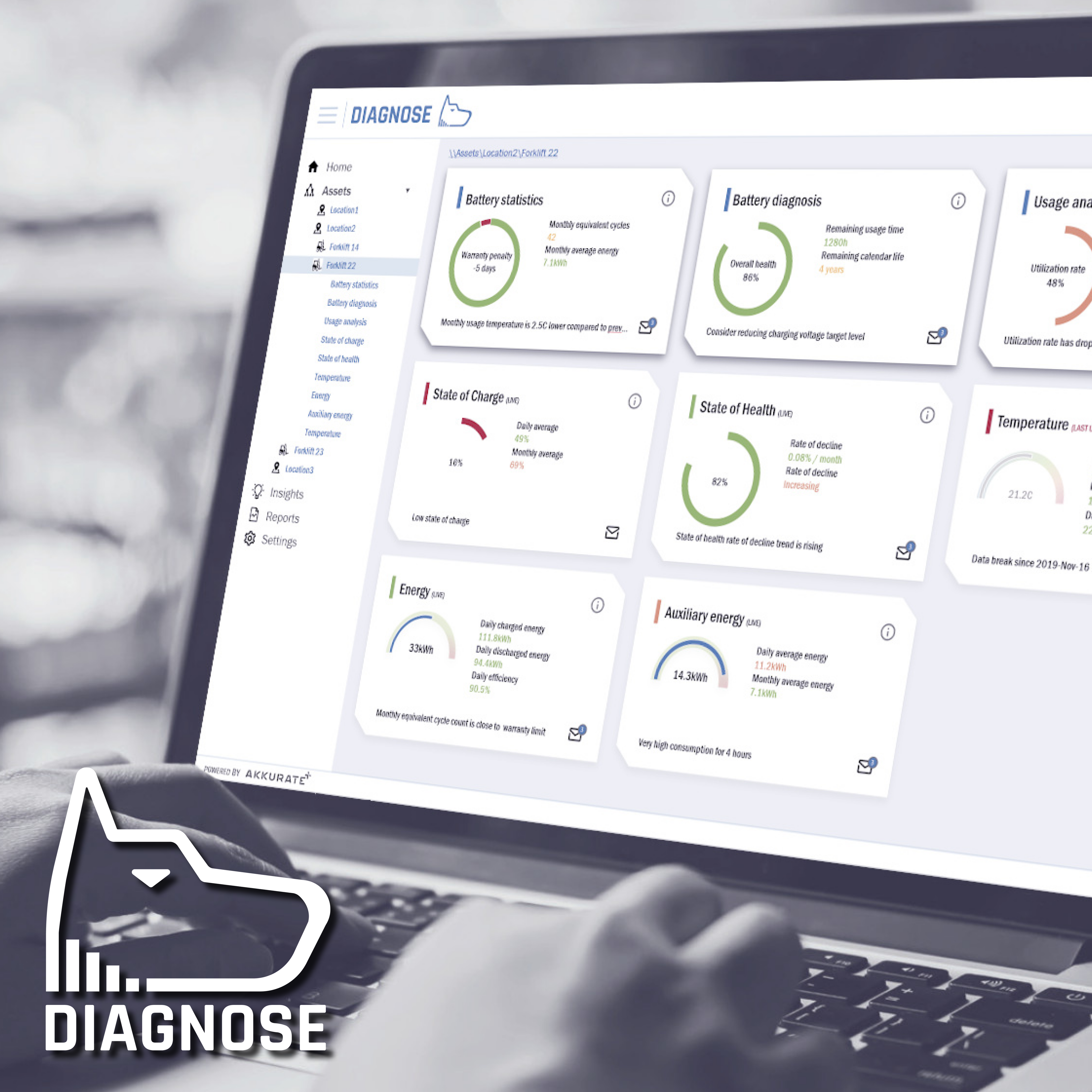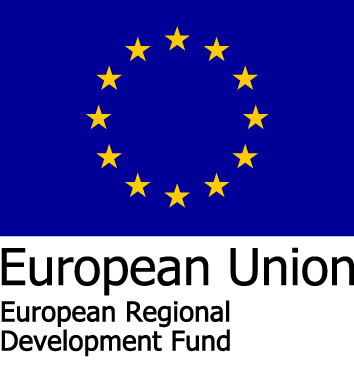eFlow Hub partners in spotlight: Akkurate
In this series we present companies and other organisations involved in eFlowHub. The second company is Akkurate Oy, based in Kaarina.

Akkurate Oy is a Finnish technology company providing diagnostics software platform, DIAGNOSE, for stationary and mobile lithium battery solutions. The company also provides testing and consultation services for its customers. Akkurate is established in September 2016. It employs 16 people and the estimated turnover in 2021 is 400 000 euros.
DIAGNOSE is a cloud-based solution that is specifically developed to support better battery value chain and accelerate sustainable and low-carbon economic growth. Our diagnostics provide visibility to battery health and performance, allowing companies to maximize their battery asset lifetime value, plan maintenance or replacement well in advance and to prevent potential safety issues. Features like centralized surveillance, better battery performance, lifetime prediction, support in possible quality issues, improved safety as well as assistance with recycling and repurposing all contribute to holistic battery life cycle management.
Lauri Pulkkinen, Co-Founder and CSO, and Nuutti Rautiainen, Product Manager, answered to questions concerning e.g. battery technology, electric mobility and eFlowHub cluster.
How do you see the future of battery technology / electric mobility?
Lauri Pulkkinen: Battery market has grown rapidly due to electrification of transportation, increased use of renewable energy and new ambitious climate objectives. Lithium batteries have played a key role in this development and will continue to do so in the forthcoming years. New battery chemistries are developed to replace li-ion technology, however there are certain challenges, related to safety, production, and endurance, that need to be overcome before new technologies can enter in mass production scale.
Nuutti Rautiainen: The increasing base of battery assets on the market is opening interesting new business opportunities for companies that are working with lithium battery related topics. However, lack of standardization and open data ideology means that there is still quite strong information asymmetry between different stakeholders, and this leads to unnecessary inefficiencies (e.g. high insurance prices, difficulty in evaluating the real value of a used battery asset, etc.). Akkurate is actively promoting the benefits of data transparency and we strongly believe that this is also the direction that the market is moving towards, but more work with standardization as well as better collaboration between different stakeholders is still needed.
Which are the strengths of Finland and Southwest Finland in this sector?
Lauri Pulkkinen: I see the strength of Finland is that we have many companies, through the entire battery value chain, that have needed know-how to support battery business and strategy. There are companies from mining, refining of battery materials to battery pack production. We also have world class battery research in universities. The strength of Southwest Finland is that there are new investments in battery pack production and focus on battery and powertrain education.
How could eFlowHub cluster accelerate the competitiveness of Finland / Southwest Finland in the industry?
Lauri Pulkkinen: First, companies in Finland, Southwest Finland and universities need to join forces and have deeper collaboration to create new business models in battery field and thus increase our competitiveness. There are already common research projects ongoing in the battery field, however we need to find a better way to productize the results. Second, we need to think about how eFlowHub cluster could be utilized to introduce and market our common know-how and offering.
Nuutti Rautiainen: Getting more participants also from the end-users (EV operators, renewable energy providers, etc) would be important so that the services and solutions from the cluster could be increasingly applied to field operations and this way the participants would get direct feedback from the end users. This type of feedback and pilot customer experience would help participants e.g., in testing and improving new features as well as building case studies.
What kind of co-operation opportunities and partners are you interested in?
Lauri Pulkkinen: It would be interesting to find collaboration opportunities and partners in battery re-use business, for example to build energy storages from used electric vehicle batteries. Battery optimization as part of Energy Management Solution with local and/or regional stakeholders would also be an interesting opportunity.
Something else you would like to inform or tell in this short company presentation?
Lauri Pulkkinen: DIAGNOSE can be used in most parts of the battery life cycle and in a variety of different use cases. This is also reflected in our customer base that ranges from battery manufacturers and different type of energy companies to mobility solution and consumer electronics providers. DIAGNOSE is delivered as a SaaS model and it can be flexibly adjusted according to the specific customer needs. Our aim is to see DIAGNOSE used as a collaboration platform between the different battery ecosystem players, helping them to remove the unnecessary inefficiencies and thus optimizing the value created by the lithium battery ecosystem.

